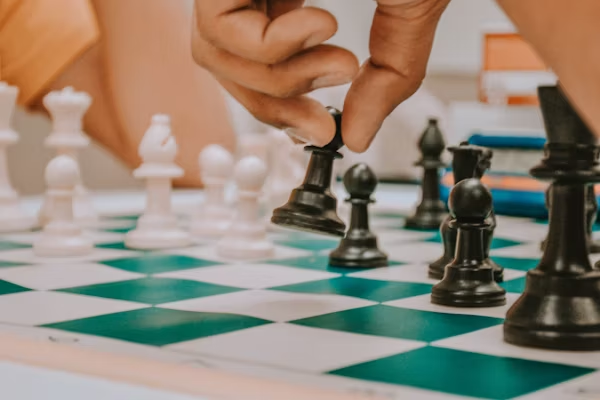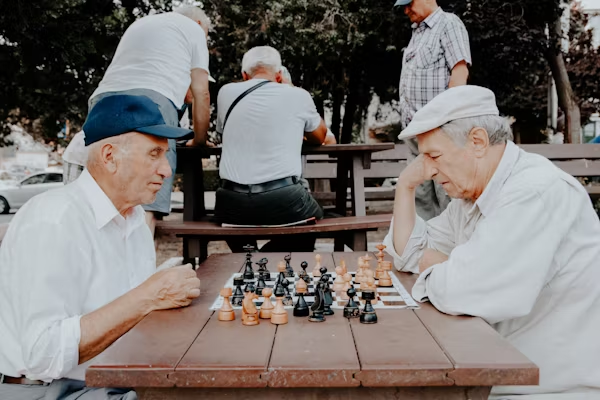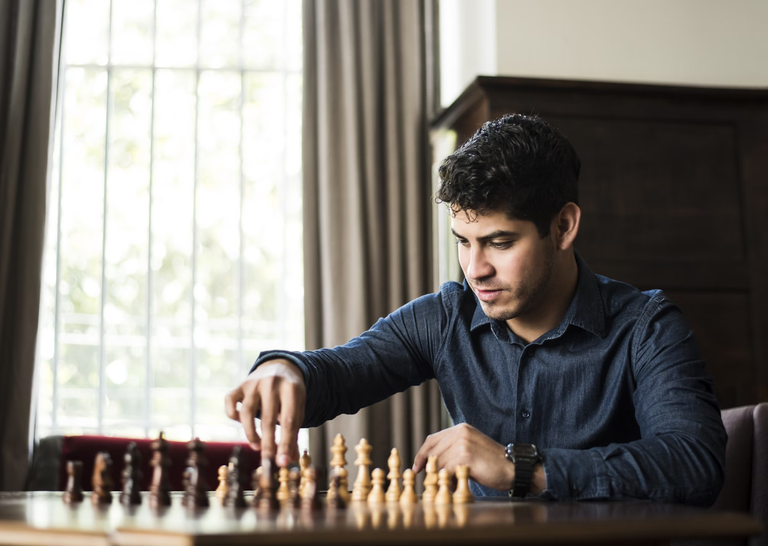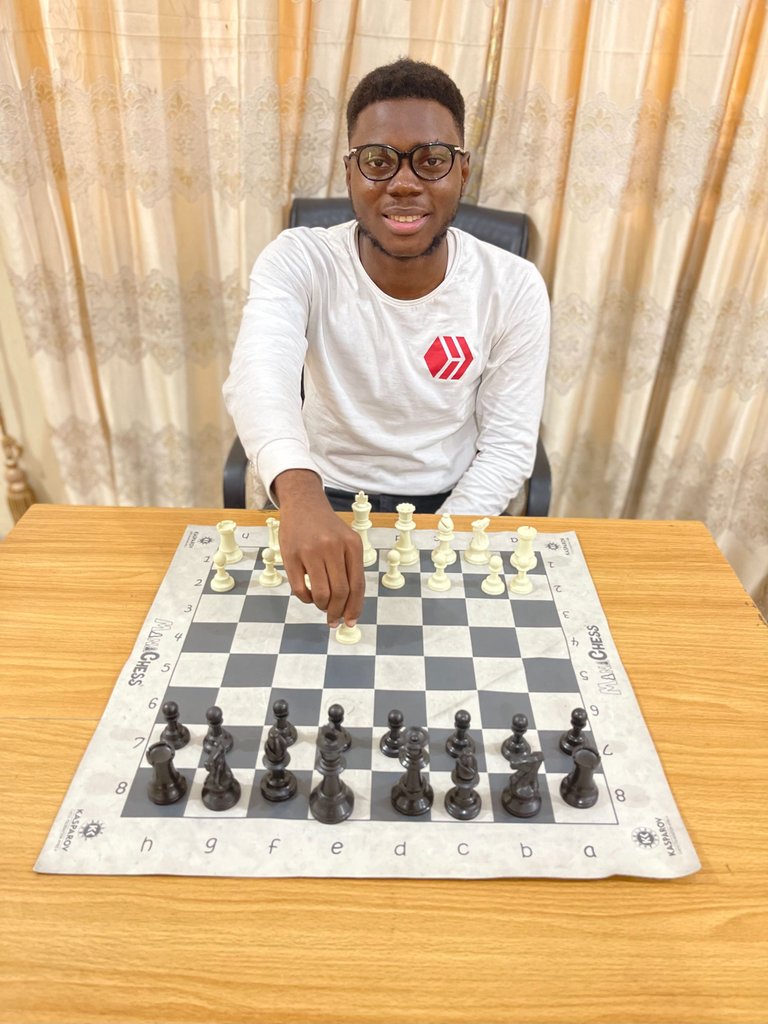The Intermediate Guide to Chess Mastery - Chess Series
The intermediate guide to chess mastery is quite a catchy intro when you think about it. It has this flammery sound, making it seem like you are about to gain some high-paying lecture from a super grandmaster that will transform your chess into the elite standard you might be looking for. Nah, that's too bad and sorry to burst your bubbles, but the intro is an encompassing series of simple chess knowledge I have gathered over my 15 years of playing and studying chess. If, for some reason, you have ever had the chance to pick up a chess book in the past, probably in an attempt to improve your chess, you wouldn't be new to the fact that chess authors love the idea of using catchy titles to attract readers. When you begin to read, you see that these are simple things that have been mastered. So that is what I aim to do with this series. I want you, my reader who happens to have an interest in chess, to be able to understand these simple things, then master them over and over by playing several games online or over the chessboard. If you followed the beginner's series, there should be a background knowledge of the game established in your brain, thereby laying the foundation for the knowledge from this intermediate series to be stored in your memory. The teaching pattern is going to be the same as the previous series, making it simple to understand while giving logical examples to illustrate the point, but since it is an intermediate step up, there will also be a step up in our lessons, whereby practical examples from games played mostly from my archive of games on lichess or other players will be used to buttress the lesson for the day. As usual, here is an outline for the series filled with the lessons we are going to be looking at one day at a time. Lesson 1 Lesson 2 Lesson 3 Lesson 4 Lesson 5 Lesson 6 Lesson 7 Lesson 8. Lesson 9. Lesson 10 Lesson 11 Lesson 12 Lesson 13 I like to look at it as an endorsing relationship between a master and their student, one is consumed with the desire to show the other what they can learn, and the other is obsessed with the zeal to become the best student the master ever had. Well, that is the dynamics of how the game goes. You will enjoy the series if you remain true to the pact of playing at least 5 games a day, either online or over the chessboard. Practice makes perfect, as it is well known, and chess is no different. __ I am @samostically,I love to talk and write about chess because i benefited alot from playing chess and I love writing about chess. ♟♟♟♟♟♟♟♟♟

Crazy, Right? 15 years!

The Teaching Pattern
Lesson Outline
Introduction to the Lichess platform and how to use it.
Rules that defile the Opening Principles.
Knowing what to play in the middlegame
Combination in Chess.
Calculation in Chess.
When Tactics prevail.
Know when to pull simple tricks.
How to prevent simple tricks.
Simple Chess Endings to Know.
Your strategy can be your plan.
Knowing when to sac.
Know your opening
The Art of Defense
There you have it, the outline for the classes that will spring over the next 13 days. Let us bear in mind that learning never stops until one is six feet underneath the ground, and the same thing applies to chess; you can never get enough of it once you start.

Final words



Congratulations!
✅ Good job. Your post has been appreciated and has received support from CHESS BROTHERS ♔ 💪
♟ We invite you to use our hashtag #chessbrothers and learn more about us.
♟♟ You can also reach us on our Discord server and promote your posts there.
♟♟♟ Consider joining our curation trail so we work as a team and you get rewards automatically.
♞♟ Check out our @chessbrotherspro account to learn about the curation process carried out daily by our team.
🥇 If you want to earn profits with your HP delegation and support our project, we invite you to join the Master Investor plan. Here you can learn how to do it.
Kindly
The CHESS BROTHERS team